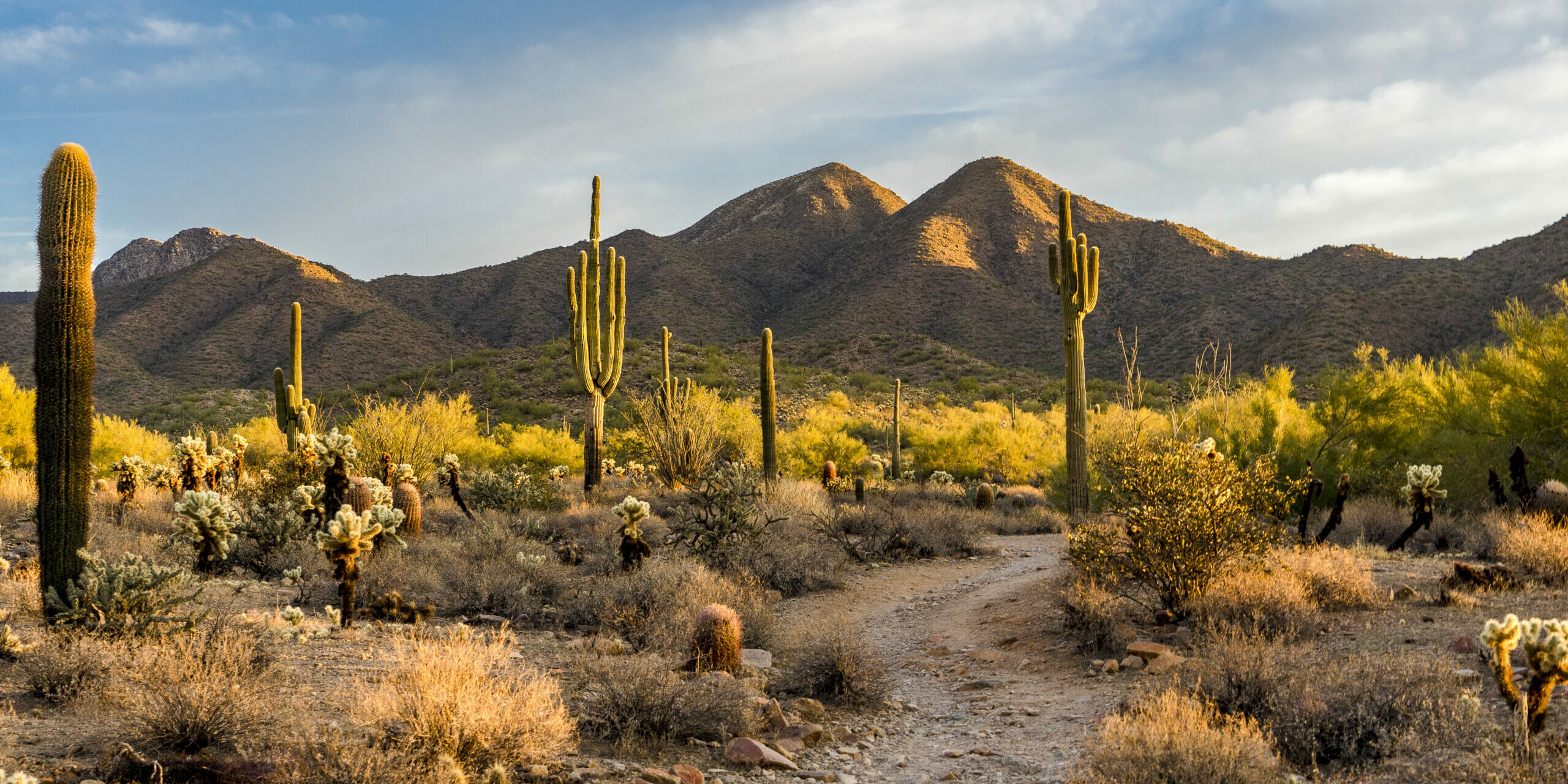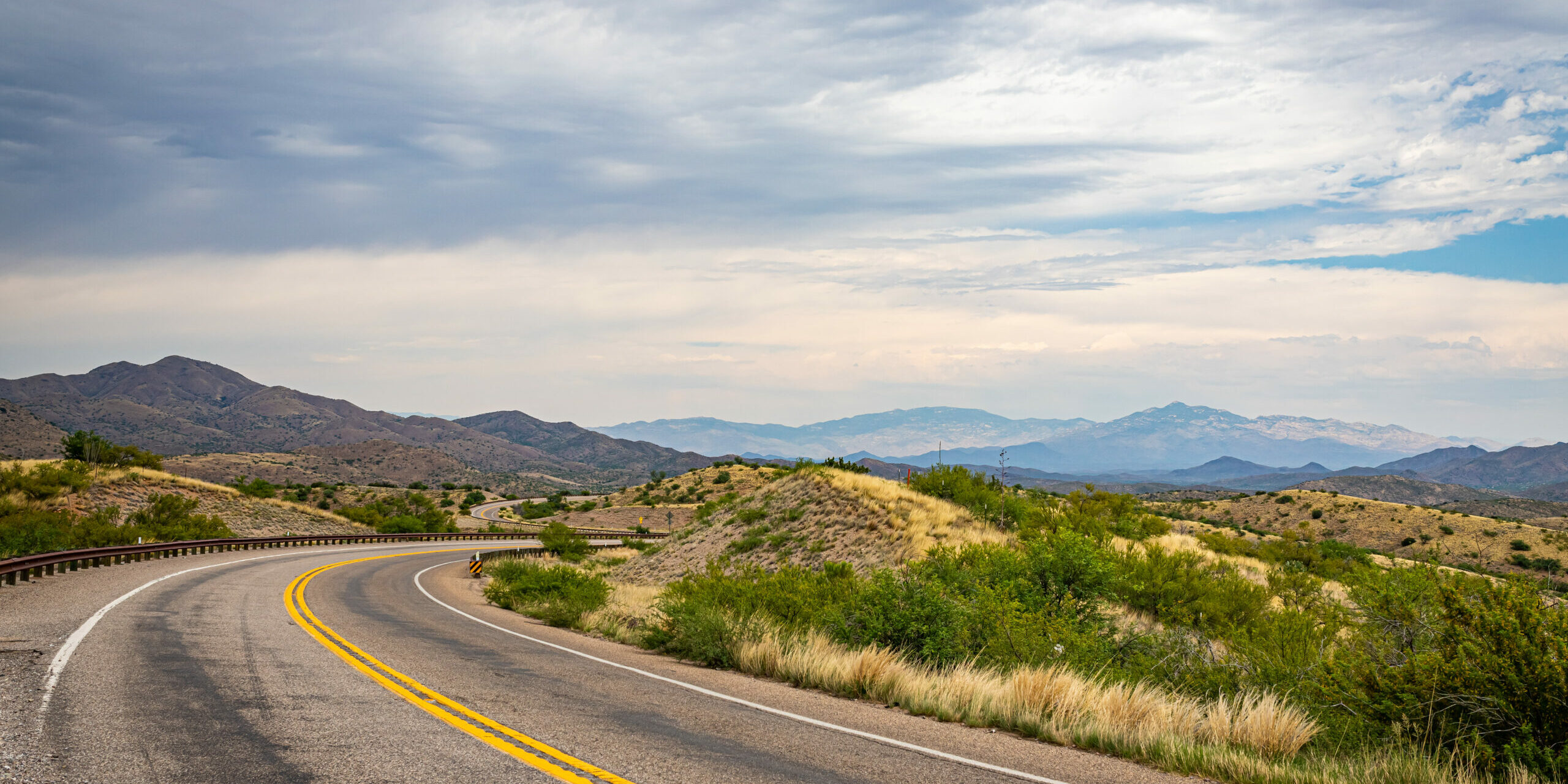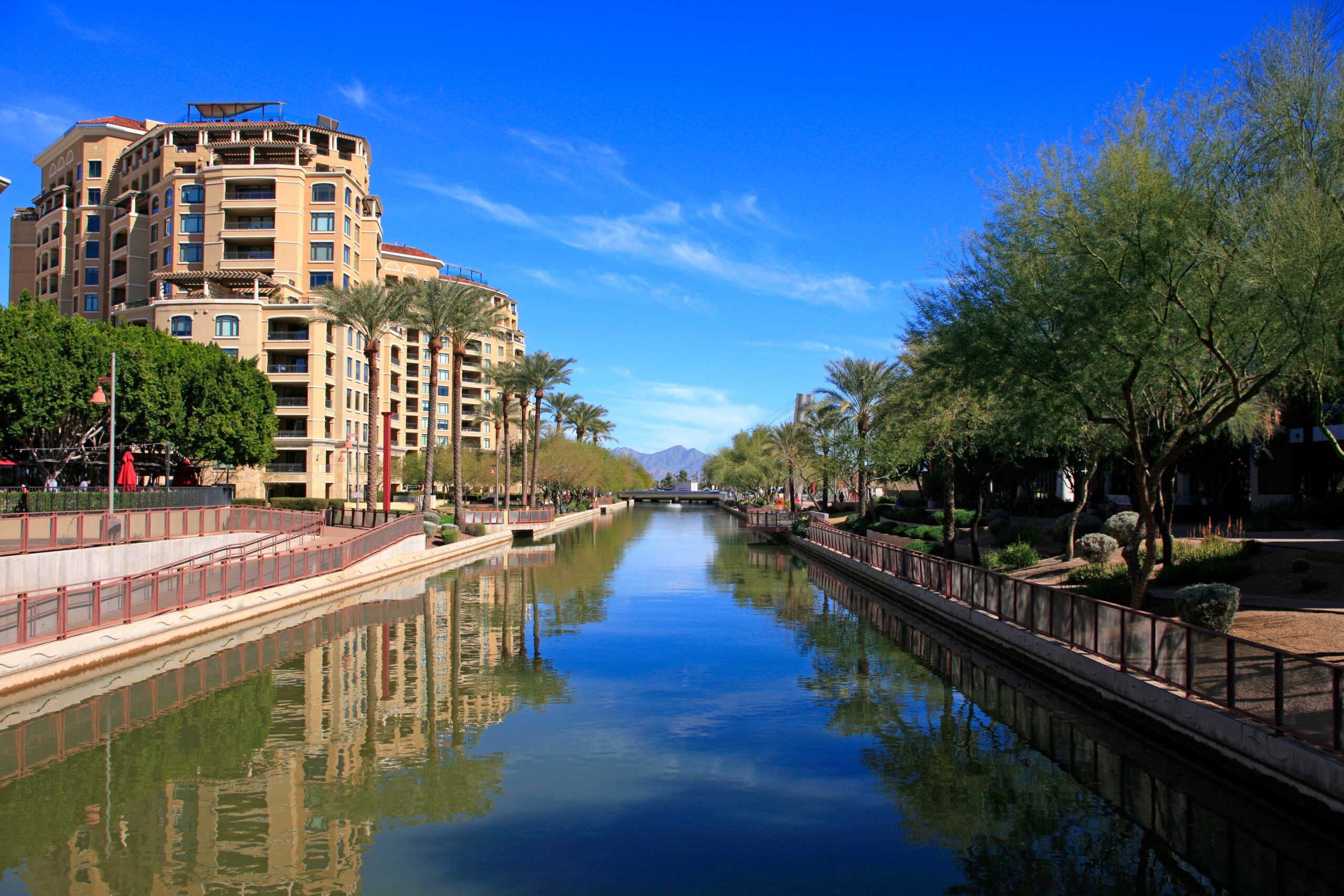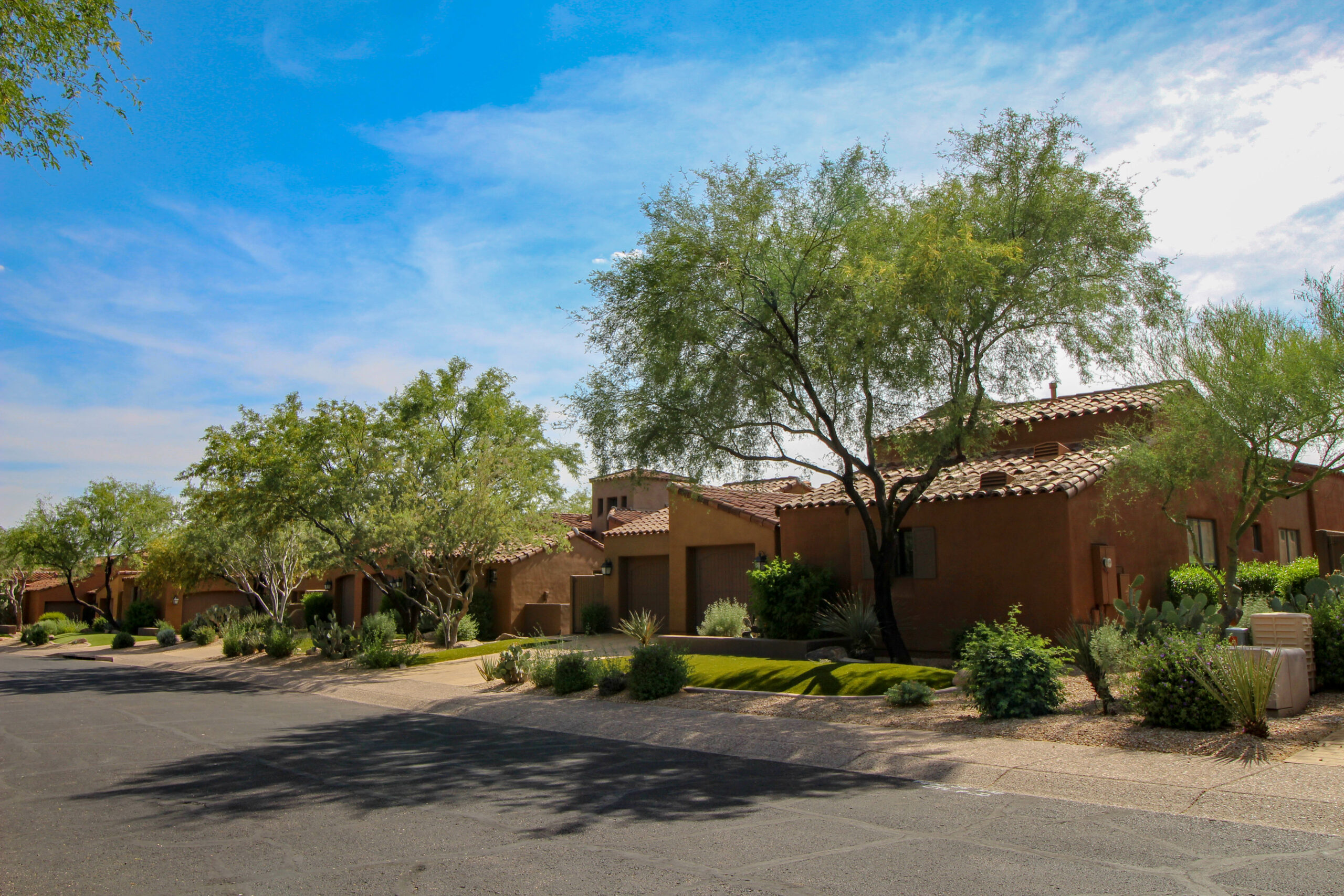Papago Park Military Reservation
Key Contacts
Papago Park Security
PH: (602) 267-2428
I.D. Cards/DEERS Transactions
PH: (602) 267-2750
Military Clothing Sales
PH: (602) 275-8307
Education Services Assistant (MGIB)
PH: (602) 267-2445
MILPAY
PH: (602) 629-4233
Medical Files and Records
PH: (602) 629-4370
Inspector General
PH: (602) 267-2670
Judge Advocate General (JAG)
PH: (602) 267-2588
SHARP/SARC Office
PH: (602) 531-0998 or (602) 267-2449
Family Readiness
PH: (602) 267-2593/2391
Chaplain
PH: (602) 629-4805
Retiree Benefits Advisor
(TRICARE Reserve Select)
PH: (602) 267-2545
Survivor Outreach Services
PH:(602) 267-2172 or (928) 773-3295
5636 E. McDowell Road
Phoenix, AZ 85008
Most installation services will be available Monday through Friday, 9:00am to 4:00pm. As always, call first to confirm hours and availability of services.
Helpful hint: Contact these offices early in the week during the morning time frame.
About Papago Park

“. . . has historical roots to the establishment of the Papago Saguaro National Monument . . . ”
Papago Park Military Reservation (PPMR) is located in Phoenix, Arizona. PPMR is home to the Arizona Department of Emergency and Military Affairs (DEMA), which includes the Army and the Air National Guard, the Arizona Division of Emergency Management, and the Joint Programs Division.
DEMA supports the citizens of Arizona at three levels: community, state, and federal. PPMR serves as the Joint Forces Headquarters for the Arizona Army and Air National Guard. Other tenants include the Arizona Division of Emergency Management, the Maricopa County Emergency Operations Center, the 158th Maneuver Enhancement Brigade Headquarters, the 198th Regional Support Group Headquarters, Arizona’s Joint Counter Narco Terrorism Task Force, and the 91st Civil Support Team.
PPMR has historical roots in establishing the Papago Saguaro National Monument in 1914. During World War II, PPMR was a prisoner-of-war facility for German U-boat crew members and was the site of one of the largest POW escapes in United States history.
With approximately 32 acres of land, Papago Park Military Reservation employs roughly 1200 military personnel and 100 civilians.
About Maricopa County
LOCATION
Maricopa County is known for its beautiful setting, comfortable climate, and cultured nature. It attracts a diverse population, retirees, and a younger crowd, with Arizona State University located about ten miles east of downtown Phoenix in the nearby college town of Tempe, AZ. Phoenix is located around the center of the Salt River Valley, a broad, oval-shaped, nearly flat plain. Whether you love to stay busy with the sights and sounds of city living, prefer a more suburban feel, or enjoy being able to have nature’s playground right outside your back door, the Papago Park Military Reservation area promises it all!
WEATHER
Papago Park is generally warm and sunny. Average temperatures range from 42 to 105 degrees Fahrenheit. March, April, and November are some of the most pleasant months there. The annual rainfall is around 10 inches, with only 0.2 inches of snow each year. With a dry, low-desert climate, summers are very hot, but the winters are very mild, giving Phoenix area residents an opportunity to enjoy the outdoors twelve months out of the year.
ATTRACTIONS
For those traveling in and out of the Papago Park area by air, there is an abundance of airports within a short driving distance: Locally, there’s Phoenix Sky Harbor International Airport (PHX), and about 120 miles away is the Tucson International Airport (TUS). Within a close driving distance, there are regional domestic airports in nearby Mesa, AZ, Prescott, AZ, and Flagstaff, AZ.
If you should ever tire of seeing the wonders of the deserts and mountains, you can hit the beaches of San Diego, CA, in just over five hours. The military reservation is convenient to many nearby cities worth visiting, so get ready to check to your bucket list with many notable parks, forests, and monuments to see and explore. The natural beauty of the Grand Canyon, Sedona, Petrified, Prescott, and Coconino Forests/National Parks are close by.
HELPFUL HINTS
This is considered to be a moderate to the high-cost living area. This area ranks high on many retirement and vacation destination lists, so the home price will reflect that enduring popularity. Commute times, schools, and accessibility of restaurants and shopping should be considered when choosing a neighborhood and its proximity to Papago Park Military Reservation.

Looking at relocating?
Enter your information below and we will reach out to help the process.
Nearby Neighborhoods
HOUSING
There are no contracted or privatized homes on Papago Park Military Reservation. There are several off-post communities where many permanent party service families choose to reside. Scottsdale, Phoenix, and Tempe are three of the most widely popular areas for families. Commute times and school zoning school be considered when selecting a particular neighborhood.
Scottsdale
ABOUT
A quick commute with a mix of “old town” and big city vibes, Scottsdale is a perfect place to call home for those serving the Papago Park Military Reservation. Be aware that home values in this area are high! This is great for retaining property value but can make finding affordable housing tricky.
Popular Neighborhoods
- Old Town Scottsdale
- Scottsdale Shadows, Highlands, and Highlands Estates
- La Casa Rica
Nearby Attractions
- Taliesin West
- McCormick-Stillman Railroad Park
- Old Town Scottsdale
- Pinnacle Peak Park
By the Numbers
- Population 250,000
- Household Income $88,000
- Median Home Value: Home values vary widely in this area, so ask your real estate agent for a local market analysis

Big Plus
- One of the top retirement destinations in the U.S.
- Convenient access to Papago Park and the greater Phoenix area without being in the heart of the city
- 4.2 mile, 11-minute commute to Papago Park Military Reservation via N. 64th Street
Things to Consider
- High median home value for the area
- Rental prices may be slightly higher than average here.
Phoenix
ABOUT
Phoenix has it all! Easy access to I-10, an abundance of housing options, and all of the shopping, dining, and entertainment access you could hope for abounds inside the city limits.
Popular Neighborhoods
- Arizona Biltmore Estates
- Northeast Village
- Papago Vista
- Sherwood Estates, Towne, and Heights
Nearby Attractions
- Musical Instrument Museum
- Desert Botanical Garden
- Camelback Mountain
- Heard Museum
By the Numbers
- Population 1,600,000
- Household Income $57,000
- Median Home Value: Home values vary widely in this area, so ask your real estate agent for a local market analysis

Big Plus
- Convenient to major shopping, dining, and entertainment options
- A diverse mix of housing options in various ages, styles and sizes.
Things to Consider
- More heavily populated with an urban-suburban mix
- 9.1 mile, 20-minute commute to Papago Park Military Reservation via I-10 E
Tempe
ABOUT
If you are looking for a college town vibe without the crowd of a large city, then Tempe is right for you. Affordable homes and good schools make Tempe an attractive spot for families with young children.
Popular Neighborhoods
- Holdeman
- Mitchell-Park West
- University Heights
Nearby Attractions
- Mill Avenue District
- Tempe Town Lake
- Arizona State University
- Tempe Marketplace
By the Numbers
- Population 187,000
- Household Income $57,000
- Median Home Value: Home values vary widely in this area, so ask your real estate agent for a local market analysis

Big Plus
- Proximity to Downtown and Arizona State University
- Home to one of Arizona’s most long-standing festivals, the Tempe Festival of the Arts
- 5.2 mile, 12-minute commute to Papago Park Military Reservation via Rio Salado Parkway
Things to Consider
- Age of homes in this area could mean smaller square footage and need for updating
- Definite college town vibes as there is a strong presence of ASU and all that it entails
7 Reasons You Should Consider Buying a Home
1. TAX ADVANTAGES
To encourage homeownership, the IRS has provided many tax breaks for owning a home. Credits may be available for specific home improvements, such as using clean energy or for qualified first-time home buyers. The way most homeowners see those advantages is through income tax itemization and deductions like mortgage interest and real estate taxes.
2. STABALIZE MONTHLY HOME COSTS
Owning your own house is one of the safest bets on stabilizing your monthly home costs. There’s no worry of rent getting increased significantly after each year of living in someone else’s home. Additionally, when you answer to yourself, there is no worry of landlord changes or unexpected lease termination.
3. HOUSE HACKING
Generally speaking, house hacking is a smart strategy that involves renting out a portion of your primary residence as a means of generating income to offset your own living expenses. Think turning your finished basement or mother-in-law quarters into an AirBnB! Or consider purchasing a multi-unit duplex or triplex: live on one side and rent out the other! If your home making money while you’re living in it doesn’t sound like your thing, there’s always renting it out after you PCS as an income generating investment property.
4. Increased Privacy
Generally speaking, house hacking is a smart strategy that involves renting out a portion of your primary residence as a means of generating income to offset your own living expenses. Think turning your finished basement or mother-in-law quarters into an AirBnB! Or consider purchasing a multi-unit duplex or triplex: live on one side and rent out the other! If your home making money while you’re living in it doesn’t sound like your thing, there’s always renting it out after you PCS as an income generating investment property.
5. Pets Are Welcome!
For those who choose to rent instead of buying, it can be extremely difficult to find rentals who allow for your
four-legged, furry friends. Landlords often require hefty pet deposits or place heavy restrictions on the number of pets and breeds they allow—if they will even allow pets. When considering quality of life, including beloved pets and the indoor and outdoor space available to them matters. Having the flexibility to include ALL members of your family as a homeowner is priceless!
6. Pride of Ownership
One of the greatest benefits of owning your own home is the pride of ownership that comes along with it. Not only are homeowners more inclined to take good care of their investment with routine maintenance and cleaning, but also they are free to make design choices ranging from hanging artwork on the walls, to paint colors, to customization of closets, electronics, and more. As military families who relocate frequently, having your home reflect who you really are feels important.
7. Safe and Stable Long Term Investment + Forced Savings
Owning a home has historically been one of the safest, lowest risk financial investments that tends to have long-term stability and success. As your home value appreciates and your mortgage balance decreases, what’s left is growing equity with an eventual paid off home. Making a monthly house payment is akin to setting aside a specific amount each month into a savings account—it’s a little difficult to access in the moment, but over time it can build into something significant in the form of equity.

FIVE RESOURCES TO HELP YOU IN YOUR RELOCATION PROCESS

Your PCS is underway!
The home buying and moving transition process has begun. Now what? If it feels like there are a million things to do, don’t fret because you don’t have to do them all yourself. During the relocation process, there are many service providers that can assist you in making your move a smooth one.
Consider these five resources to help you in the process
1. MOVING COMPANIES
Sure, the military offers transportation and relocation services, but many service members decide to coordinate the transfer of household goods themselves. Not only can you often earn money on the difference between moving costs and weight allowances, but you can be assured that you have more control over your belongings. Services that moving companies offer can range from delivery of boxes and pods for the “you-pack” model all the way to full-service logistics companies that will do all of the packing, loading, driving, and unpacking for you.
2. STORAGE
Whether you need to store your household goods for a few weeks until you close on your home or you decide that you have more stuff than square footage, storage companies abound. Sizes, conditions, and contracts vary widely so be sure to do your homework before you commit. Particularly in climates with extreme cold, heat, or humidity, it is important to consider using only climate-controlled storage to ensure the protection of your furniture and temporarily unused items.
3. TEMPORARY HOUSING
It is not uncommon for there to be a short gap of time during a military move between when you arrive at your new duty station and your new home being available to inhabit. No longer are hotels the only option for sticking out a few days or weeks during the wait. Vacation Rentals by Owner (VRBO) and Airbnb are great options to make you feel more at home while you wait for your home. In fact, why not take advantage of seeing your new city through the eyes of a tourist? Find a location near new local attractions and dining and enjoy a few days of getting to know the lay of the land.
4. USPS/IRS
Once you get settled in at your new home, it’s important that you alert agencies that will make sure your current and up-to-date address is on file. The United States Postal Service (USPS) and the Internal Revenue Service (IRS) are two of the most important and by doing so, any important mail or documents in your name should be forwarded or sent along to your new address. It’s also a good idea to notify banks, credit card companies, and other debt collectors of a change of address. These days nearly all of these transactions can be handled online.
5. DISCARD & DONATE SERVICES
No matter how much you purge, toss, organize, minimize, or donate before you pack up the moving truck, it never fails that after you get unpacked on the other side there seems to be more stuff to declutter. Discard and donate services can help with this. Many are a phone call away and will happily come to your residence for a pickup. Others are structured where you simply drop off at a store. A lot of these services are charitable organizations and will offer you documentation for your own taxes based on your donation. It’s a win-win: you downsize by donating, and someone else benefits from your use of your items.

